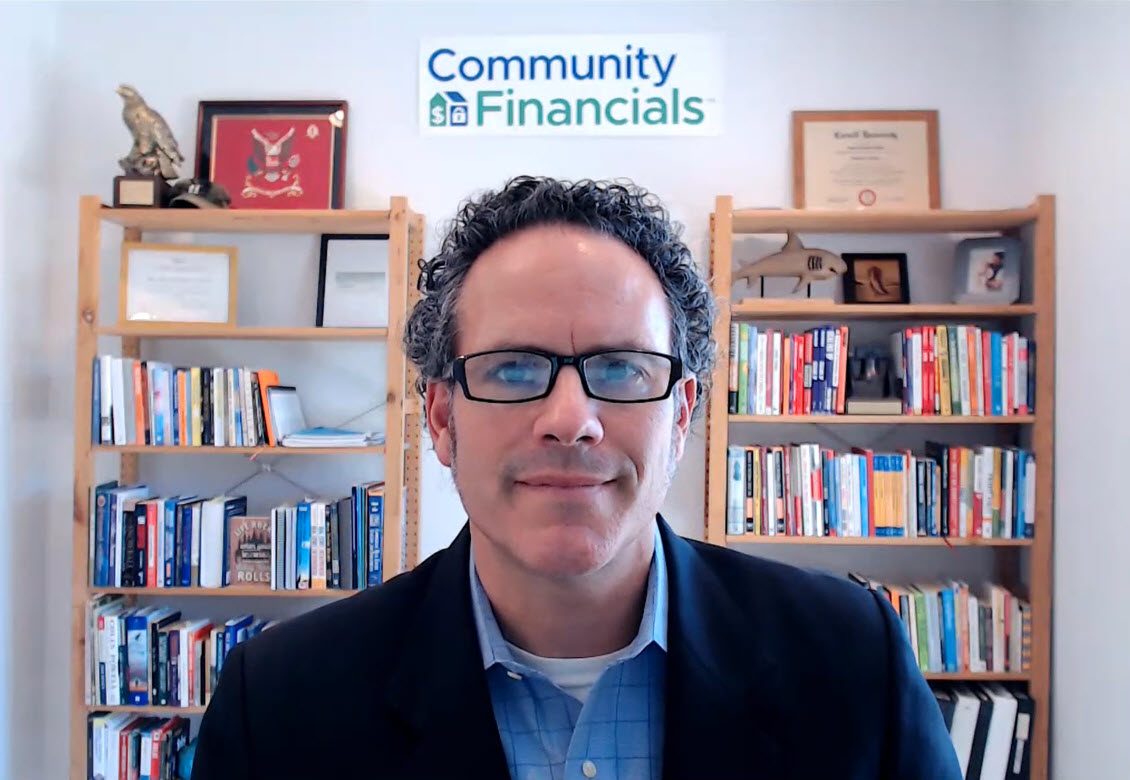Auditing Requirements for Condominium Associations and HOAs
The Difference Between an HOA Audit and HOA Review
The decision to conduct a financial review or audit can be difficult for many common interest communities. The expense, effort, and length of time all play a role in the decision. For most condominium associations and HOAs, financial reviews are fairly inexpensive, are performed more frequently, and just make good business sense. Audits provide a much more detailed snapshot and accounting of all of the association’s finances. Depending on your governing documents and state law, audits are not only suggested but may actually be required at certain intervals. You may be wondering what the difference is between an audit and a review:
What is an HOA Audit?
An audit is an examination of an organization’s accounting records and procedures by an independent certified public accountant for the purpose of verifying the fairness of the presentation of financial statements. An association’s governing documents and/or state statutes may require an annual audit. However, in the absence of a state mandate, external verification of the accuracy and completeness of the association’s financial records is a sound business practice.
The audit should include but is not limited to, the following: confirmation of selected transactions and balances with outside parties (such as banks and contractors); a physical inspection of records; a trace of transactions to supporting documentation and authorization by someone within the association; and review of the association’s legal documents and minutes. After the audit is complete, the CPA will prepare an opinion report that details one of the following four outcomes:
- The auditor issues an unqualified or clean opinion that states that the financial statements are presented fairly in all material respects.
- The auditor issues a qualified opinion that says the statements, with certain reservations, are fairly presented.
- The auditor disclaims his/her ability to issue an opinion.
- The auditor issues an adverse or negative opinion.
Clearly, a community association should strive for a clean opinion or, if necessary, a qualified opinion. The third scenario—a disclaimer—usually occurs when the client organization or the circumstances surrounding the audit restrict the CPA’s ability to collect sufficient evidence to form an opinion. An adverse opinion is issued when evidence indicates that the financial statements do not fairly reflect the association’s financial position or operating results. Financial experts recommend that a CPA familiar with community associations perform an audit annually, minimally every other year. It is important to note that some state statutes require that community associations be audited on a specific timetable.
What is an HOA Review?
A review is less thorough than an audit, thus a less costly analysis of an association’s financial activities. It provides the board with some assurance that the financial statements are consistent with typical trends without the detailed examination obtained in an audit. In a review, the CPA interviews management personnel and others involved in the association’s accounting process in order to assess the association’s financial procedures. The reviewer compares the actual amounts with the association’s prior year line items and looks for trends or irregularities.
The review provides a significantly lower level of assurance than an audit does. The report states that the CPA is not aware of any material or significant changes that should be made to the financial statements in order for them to conform with generally accepted accounting standards.
State law also dictates the frequency and requirement of audits and reviews. Here is a snapshot of current states that require audits and under what circumstances audits are required:
Florida
HOAs with more than $500,000 in revenue are required to conduct yearly financial reporting if 20% or more of the members vote for it. With a majority vote, members can also demand a higher level of financial audit be finished within 90 days of the vote or before the end of the fiscal year.
California
Based largely on provisions in the Davis-Sterling Act, reviews must be conducted once a year. However, it’s up to the HOA’s board to decide when the review takes place. The deadline is 120 days after year-end. Additionally, HOAs must provide all members with an audit report within 120 calendar days of finishing the audit.
Texas
Condominium Associations are legally required to perform an annual audit. HOAs are not required to perform an annual audit but may choose to do so.
Colorado
HOA board members decide when and how often the HOA performs a financial audit. However, if the HOA’s expenditures or revenue for the year exceed $250,000, then the HOA’s members can formally demand an audit by gathering votes from one-third or more of the total membership. Associations that make less than $250,000 in revenues or expenditures, can still be petitioned for a financial review but not a full audit.
Michigan
HOA members can petition to have an audit at any time. However, a majority of owners can also vote to opt-out of auditing.
Other States
The HOA laws in other states vary with regard to auditing. Largely, the HOA’s bylaws dictate the frequency and/or requirement for financial review or audit.
Absent requirements from your state or your association’s governing documents the frequency of audit or review work is essentially at the board’s discretion. Events that may warrant an audit include significant insurance claims, defect settlement, and repair activities, changes in management, or allegations from the membership regarding misappropriation of funds.
How Often Should I Audit My HOA?
Scott Weidner, CPA of Weidner & Associates, P.C. in Denver, Colorado says: “The majority of my clients do not have formal audit or review requirements in place but elect to have audits done annually, viewing the audit fee through a cost-per-member lens as a relatively inexpensive manner of assuring that those charged with governance – the board of directors, bookkeepers, and if applicable the professional manager – are fulfilling their duties with regard to the association’s finances.
Some associations may adopt a policy of having an audit or review done every two or three years. However, the arbitrary nature of these policies leaves gaps in the examination of association records and exposes an association to undetected errors. What if something was missed in an “off year”? Audits or reviews do not have to be for a single financial year, and two or three-year engagements are typically not double or triple the cost of a one-year engagement.
Therefore, for associations who do not wish to incur the cost of annual audits or reviews, a policy of conducting 24-month engagements every two years, or even 36-month engagements every three years can be an effective way to achieve continuity of examined records while realizing a significant cost savings relative to annual engagements.
When to Obtain Bids for Audit and Review Service?
Most CPA firms schedule work in the order in which contracts are received. Unfortunately, most associations only think about audit/review services during tax season. CPA firms have open proposals for many hundreds of hours of audit work. If those come in the will not have room to work with new clients. Some CPAs don’t provide new proposals if this is the case. If an association is considering having an audit or review done for their 2022 records (work to be done in 2023) the time to obtain bids and select a CPA is now (Jan – April 2022). Waiting until tax season next year will put an association’s audit or review later on the CPA’s schedule or the association may find that a CPA is fully booked.
Condominium Associations and HOAs are business entities and need to be treated as such when it comes to critical accountability tools such as reviews and audits. Determining which tool best suits your association’s needs and which tool is required by governing documents and state law can be challenging. Neither are free of cost although a review is typically far less expensive than a full audit. Both require the services of a third-party to be conducted properly. Community Financials can help. Get in touch today to discuss the review and audit need for your condominium association or HOA!


